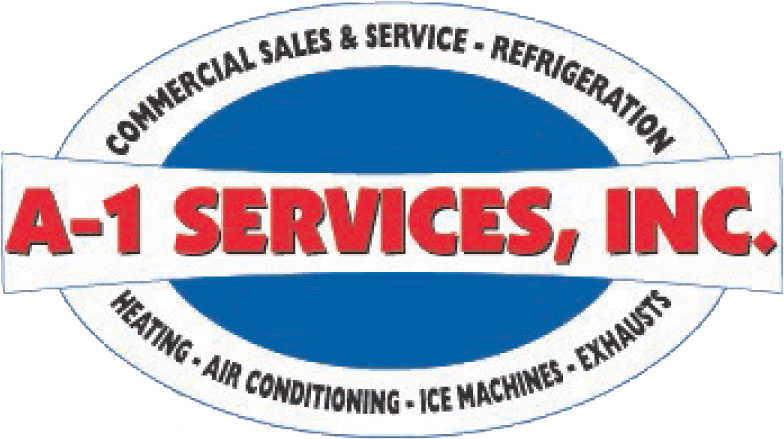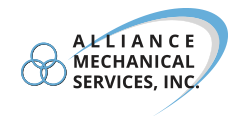Repairing versus Replacing Commercial Kitchen Equipment: 7 Considerations for Making an Informed Decision
Protecting your commercial kitchen equipment investment is of utmost importance to any successful foodservice operation. When downtime happens, the question of whether to repair or replace a unit becomes a critical choice which must be made swiftly.
Yet, there are multi-faceted variables in play that can blur the decision-making process and create doubts about which is the right choice for your operation’s needs.
David Filson, Tech24’s director of technical training and primary instructor for Tech24 University, has created a checklist of the most important factors to consider when making what is often a very tough call.
7 considerations when deciding to repair or replace commercial kitchen equipment
1. Staff and patron safety
Safety is of upmost importance, so let’s check this one off the list first and foremost! If the unit poses a safety hazard it should be removed from operation immediately. These risks include but are not limited to potential cut hazards, burn hazards, slipping or tripping hazards and electrical shock hazards.
Understand that properly repaired equipment should pose no more safety issues than when it was brand new. Exceptions to this may be when equipment panels are missing, and legs or casters are unstable.
2. Equipment age
The equipment’s age will play into your decision to repair or replace the unit in question. If it is reaching the upward limits of its life cycle, it may not be cost effective to repair.
Commercial refrigeration units, if well-maintained, will usually have an average life span of 10-15 years. If these units are not well maintained that lifespan can be cut in half.
Ovens will have variable lifespans depending on appropriately scheduled planned or preventative maintenance. For example,
- large bakery ovens that have been in operation and are well constructed require more periodic maintenance for tasks like greasing bearings or replacing belts and worn bushings.
- floor model pizza conveyor ovens can average a lifespan of 15-20 years, but many part replacements must be made to maintain it.
- convection ovens – depending on environment and usage amount – are to be replaced after 10 years, give-or-take two years.
Beverage equipment such as an ice machine can average 7-12 years in a foodservice space. The lifespan of these units is greatly affected by water quality, installation location and proper cleaning and upkeep.
3. Equipment functionality
To assess equipment functionality, Tech24’s Filson advises that operators complete an analysis of what tasks they are using the equipment for on a daily or weekly basis. Think about this question: are you using the equipment in a different way from what it was intended for?
For example, a university in Kentucky found they were using a combi oven strictly as a proofer, rather than utilizing its full range of capability. So, instead of spending tens of thousands on a new combi oven, it was much more cost effective to purchase a proofer as a replacement.
4. Energy efficiency
A lot of equipment manufacturers tout huge savings in electric or other energy costs should you switch to a more energy-efficient model. Filson advises basing a decision on energy efficiency only if these savings are proven and you would not be trading high utility costs for even higher long-term repair costs. Automation does lend itself to lower labor costs, but reliability remains the key factor.
5. Forget the 50% rule
An old industry stand-by formula, the 50% rule states an appliance that is more than halfway through its expected lifespan and requires repair work that’s more than half its original cost should be replaced.
However, this rule is too broad when considering the types of equipment in the foodservice industry. While this rule works well for less expensive equipment like a millivolt fryer or a conveyor toaster, it just not comprehensive enough for more expensive units.
6. Obtain a full diagnosis
There are many hidden factors to repairing commercial kitchen equipment, and it is important to spend time talking with your service technician to fully understand them.
- Have you gotten a complete diagnosis on the system leading up to the part or equipment failure?
- Sometimes a simple part like a high limit may be keeping a unit from operating correctly. Do you know if, within safe parameters, the technician temporarily bypassed the limit to see if they could determine if other problems exist? If they didn’t, see if a bypass is possible.
7. Consider a temporary workaround
In the light of a multitude of supply chain issues, many operators are now forced to repair units they would have otherwise replaced because there were no replacement units in the supply chain or lead time is more than a year. Operators should consider short-term workarounds that can get them by until a new piece of equipment can be obtained.
Making an informed decision
The decision to repair or replace commercial kitchen equipment is a bit more complex than answering a few simple yes or no questions. An informed conversation with an experienced technician is crucial to an efficient and cost-effective solution to any dilemma.
So, what advice does Tech24 provide when an operator asks whether to repair or replace?
“It is our goal to educate our customers so they can make their own fully-informed decision,” said Tech24’s Filson. “We want them to take the repair estimate we give them and then research replacement cost and availability.”
Ready to learn more about how Tech24’s expertise can help you walk through a tough decision regarding your equipment investment? Contact us today.


























